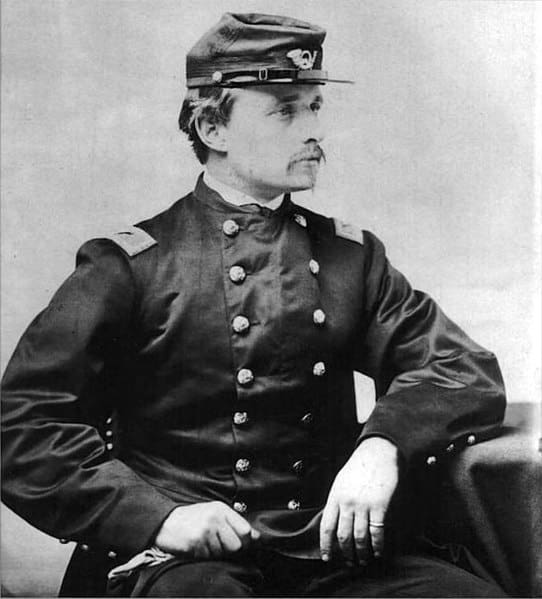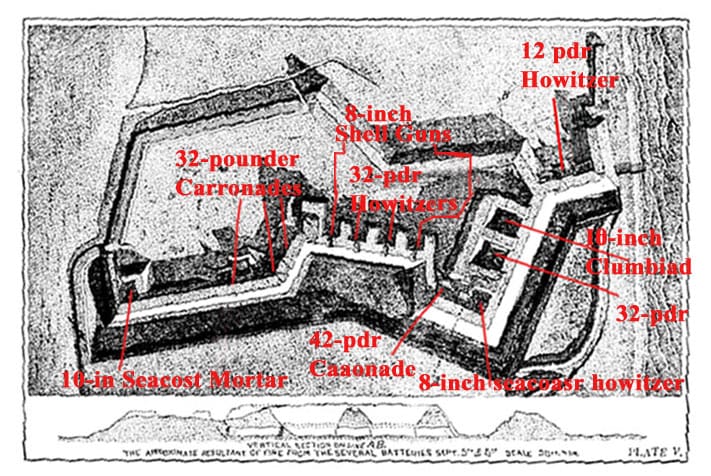1863

One-hundred-sixty-one years ago, on July 18, 1863, at dusk, the Black soldiers of the Massachusetts 54th Volunteer Infantry of the U.S. Army charged the walls of Fort Wagner, a fortification on Morris Island off Charleston Harbor in South Carolina. Because Fort Wagner covered the southern entrance to the harbor, it was key to enabling the U.S. government to take the city.
The 600 soldiers of the 54th made up one of the first Black regiments for the Union, organized after the Emancipation Proclamation called for the enlistment of Black American soldiers. The 54th’s leader was a Boston abolitionist from a leading family: Colonel Robert Gould Shaw.

Shaw and his men had shipped out of Boston at the end of May 1863 for Beaufort, South Carolina, where the Union had gained an early foothold in its war to prevent the Confederates from dismembering the country. The men of the 54th knew they were not like other soldiers: they were symbols of how well Black men would fight for their country. This, in turn, would be a statement of whether Black men could truly be equal to white men under the country’s laws, once and for all, for in this era, fighting for the country gave men a key claim to citizenship.
In the dark at Fort Wagner, the Massachusetts 54th proved that Black men were equal to any white men in the field. They fought with the determination that made Black American regiments during the Civil War sustain higher losses than those of white regiments. The assault on the fort killed, wounded, or lost more than 250 of the 600 men and made the formerly enslaved Sergeant William Harvey Carney the first Black American to be awarded a Medal of Honor. Badly wounded, Carney nonetheless defended the United States flag and carried it back to Union lines. United States soldiers did not take the fort that night, but no one could miss that Black men had proved themselves equal to their white comrades.
Although a tactical defeat, the publicity of the battle of Fort Wagner led to further action for black U.S. troops in the Civil War, and it spurred additional recruitment that gave the Union Army a further numerical advantage in troops over the South. This battle left 30 men of the 54th dead on the field—including Colonel Shaw—and injured 24 fatally; they would die from their wounds later. Fifteen were captured; the 52 missing were presumed dead. Another 149 were wounded. Confederates intended to dishonor Colonel Shaw when they buried him in a mass grave with his men; instead, his family found it fitting.















